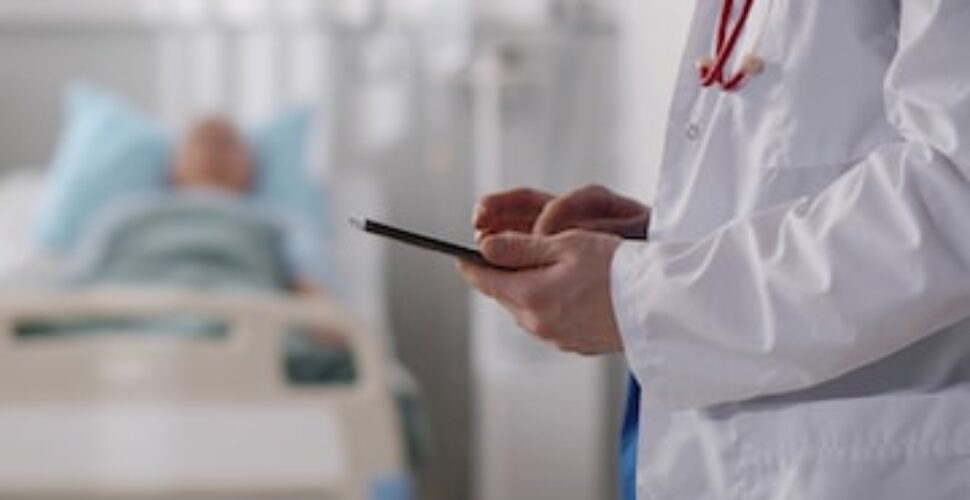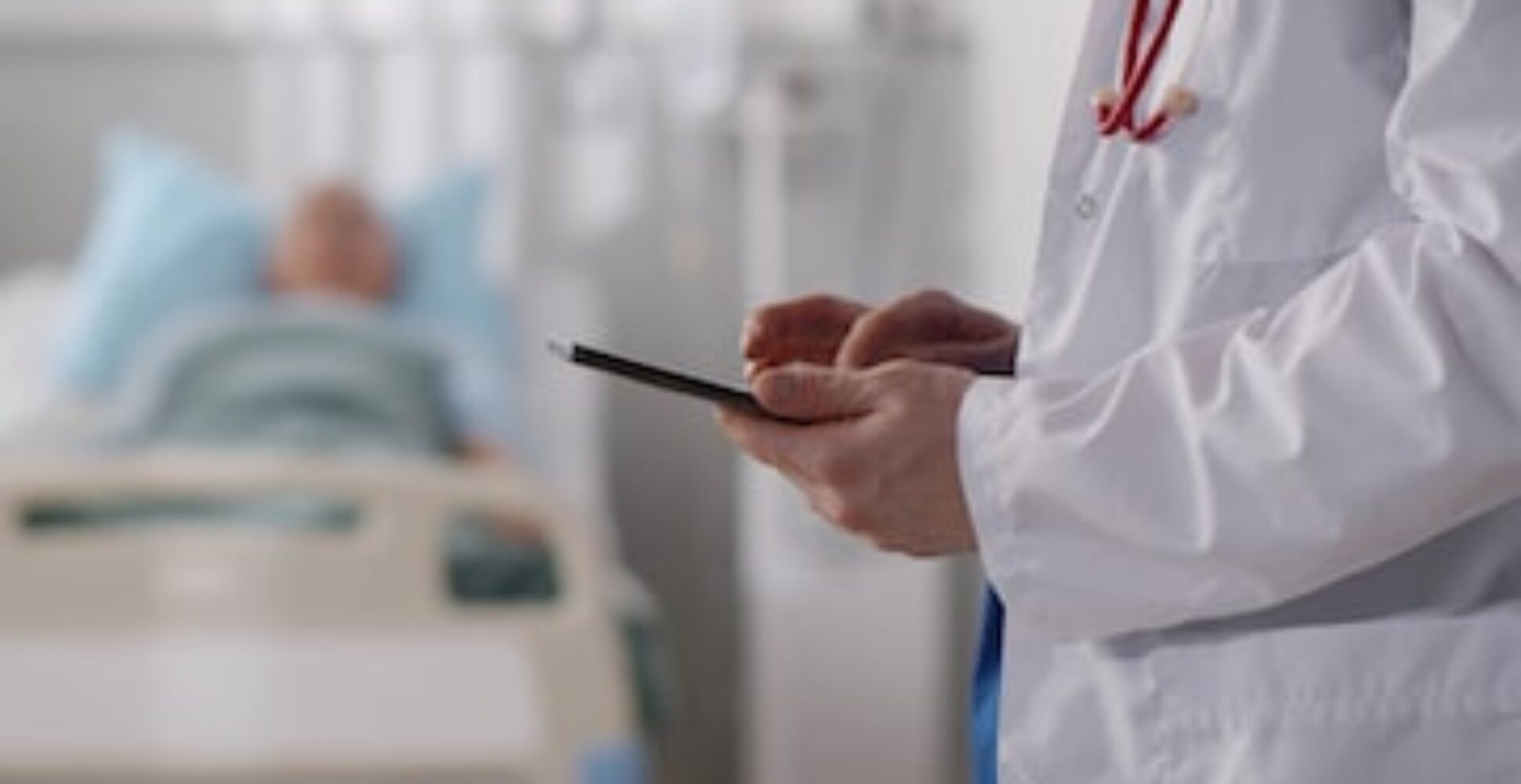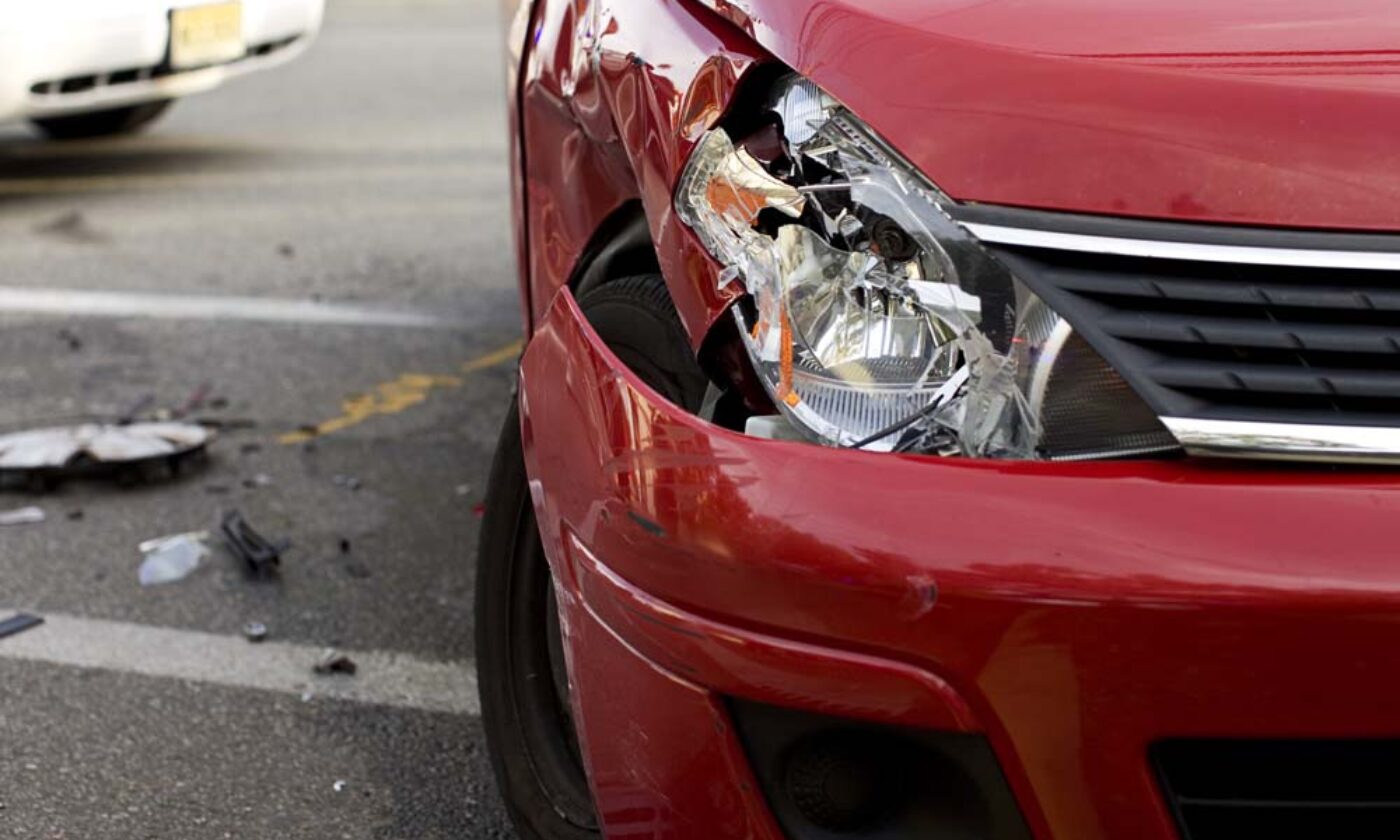Total & Permanent Disability
How To Successfully File TPD Claims In Australia


Total and Permanent Disability claims, or TPD claims, could provide financial support for those who can no longer work due to a serious injury or illness. At LHD Lawyers, we understand the challenges you face during this tough time and are here to help you secure the compensation you deserve.
Understanding these claims helps you know what to expect and how to prepare. This article will walk you through the process.
Step #1: Choose a lawyer with a proven track record in filing disability claims.
It can be incredibly frustrating and demoralising to undergo a traumatic event that has resulted in grave personal injury, preventing you from making a living to support yourself and your family.
It’s not just the physical recovery that’s tough, but the emotional strain, too, as you worry about your finances and your family’s future. Pursuing a TPD claim process could help ease some of this financial pressure.
Why it matters to have an experienced lawyer
To receive the compensation you deserve for your TPD claims, the first step is to engage with a lawyer with the right qualifications and experience.
Experience as a lawyer is essential for dealing with complex legal frameworks and understanding detailed regulations relevant to your case, whether you’re filing TPD claims or accident claims. They can anticipate and address potential issues proactively.
Seasoned TPD claims lawyers are not learning as they go – they come with a history of successful claims and know the best strategies for securing compensation. Choosing a lawyer with extensive experience ensures that your case is managed with a high level of expertise.
Proven track record of LHD Lawyers
LHD Lawyers has advocated for clients for over 30 years. Having a lawyer who is an expert in the TPD insurance claims process could greatly increase your chances of success.
Choosing us means you’re backed by a team committed to securing the best possible outcome for you, whether you’re filing TPD claims or motor vehicle accident claims.
Step #2: Discuss the details of your case with a lawyer who truly cares.
We take the time to genuinely understand your situation.
Starting a TPD claim can seem tough. There are forms to fill out, deadlines to meet and legal details that might seem confusing. But with an empathetic lawyer by your side, the TPD claim filing process becomes more manageable. At LHD Lawyers, we take the time to understand your unique situation deeply and personally.
We aim to keep you informed and in the loop regarding your case.
Our approach is focused on you, keeping you informed about your case with consistent updates and regular check-ins.
Clear and consistent communication is crucial in legal matters. We make sure you’re never left wondering about the status of your TPD claims. By giving you regular updates, we help you understand the current position of your case and what to expect in the coming stages.
We will also let you know how to file TPD claims and answer questions such as, ‘How long does a TPD claim take?’ Whether your case involves TPD claims or workplace negligence claims, you can concentrate on your recovery, as we will handle the complexities.
Step #3: Receive ongoing support and guidance throughout the claims process.
We work hard for the maximum compensation for you.
The compensation you may receive is influenced by various factors, including the type of claim, case details and your jurisdiction. At LHD Lawyers, we handle each case with care, ensuring we tackle the complexities to aim for the best results possible.
You will not have to worry about upfront payments.
At LHD Lawyers, we provide a free initial consultation, allowing you to discuss your case without obligation. This applies to TPD and other claims, including a medical malpractice claim. During your consultation, you can expect the following:
- Detailed case review. Our team of expert lawyers will thoroughly review the details of your situation.
- Clear assessment. We provide an honest and clear evaluation of your legal options, ensuring you understand what actions can be taken.
- Understanding the process. We’ll explain the process, including the TPD claim requirements and potential outcomes, in simple terms so you know exactly what to expect moving forward.
Plus, we have a No Win No Fee policy, which means you don’t need to worry about legal fees unless we win your case (excluding defendant costs). This approach aligns our goals with yours and allows you to move forward without financial stress.
Frequently Asked Questions (FAQ)
How do I know if I qualify for a TPD claim?
To be eligible for TPD claims, you must have a disability that stops you from working in your current profession or any other job suited to your skills and training. The evaluation considers your ability to work based on your education, training and experience and checks if there’s any other work you can do. The exact eligibility criteria will vary depending on the terms and conditions of your insurance policy.
What is the difference between TPD and other types of disability insurance?
TPD insurance pays a lump sum if you become totally and permanently disabled. This is different from income protection insurance, which provides ongoing payments to replace part of your income. Each type serves its purpose by helping you manage financial needs during tough times.
Is there a time limit for filing a TPD claim?
TPD claims have deadlines that vary by policy. It’s important to file within the TPD claim time limit specified in your insurance after you become disabled and unable to work. Delaying can make you ineligible for benefits. Always check your policy details for the specific time limits.
Step forward with confidence: LHD Lawyers at your service
At LHD Lawyers, we handle compensation differently, whether you’re looking to file common law claims or TPD claims. Hurt at work, in traffic or by a medical error? Our skilled injury lawyers are ready to assist. We’re proud of our 99% success rate and our No Win No Fee policy.
We provide a free claim check and case assessment to see if you qualify. Our team operates with empathy and strives for clarity, helping you move on with your life.
Start your FREE compensation claim check today and take the first step towards getting the compensation you deserve.

Check if you’re eligible or get free claim advice now



